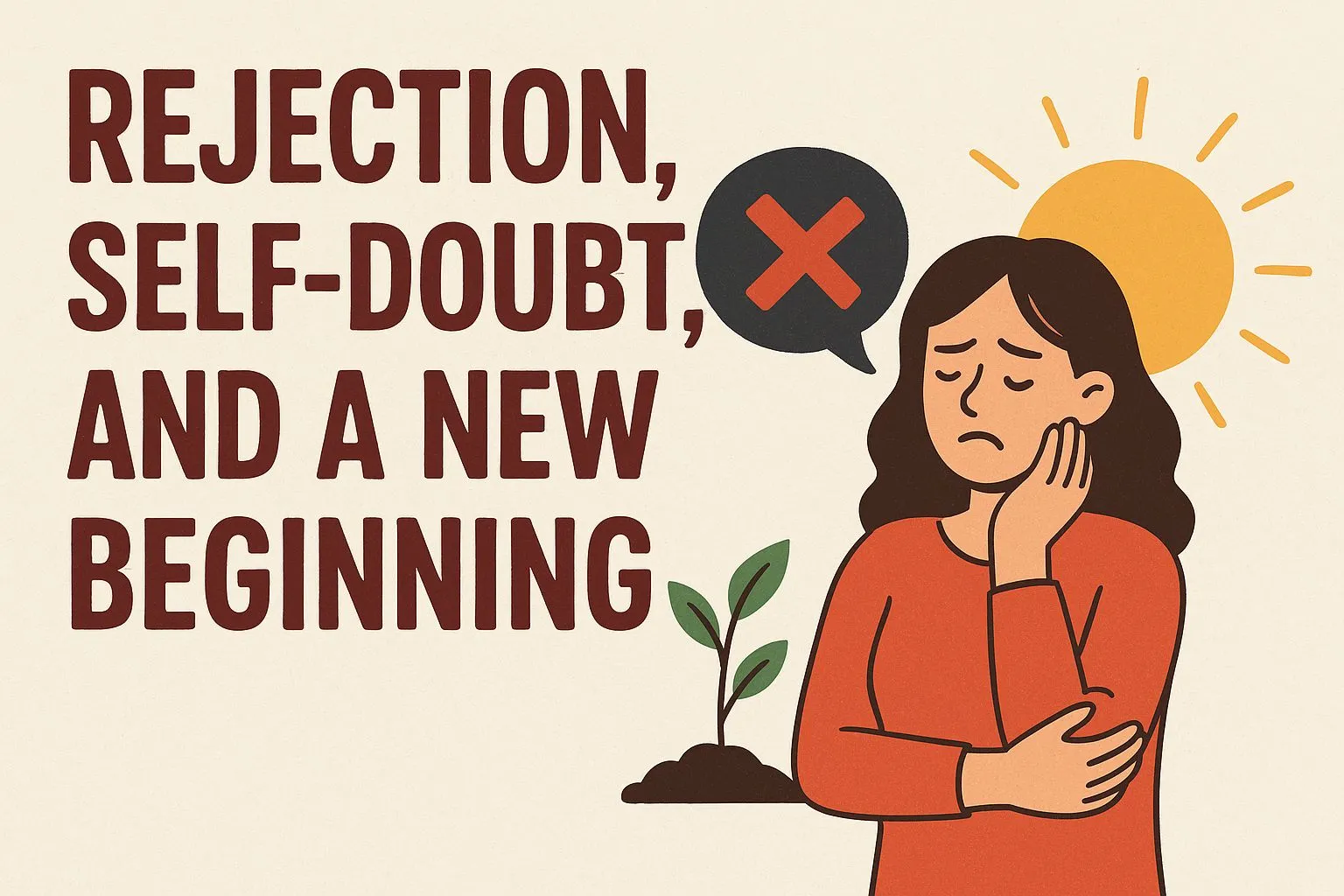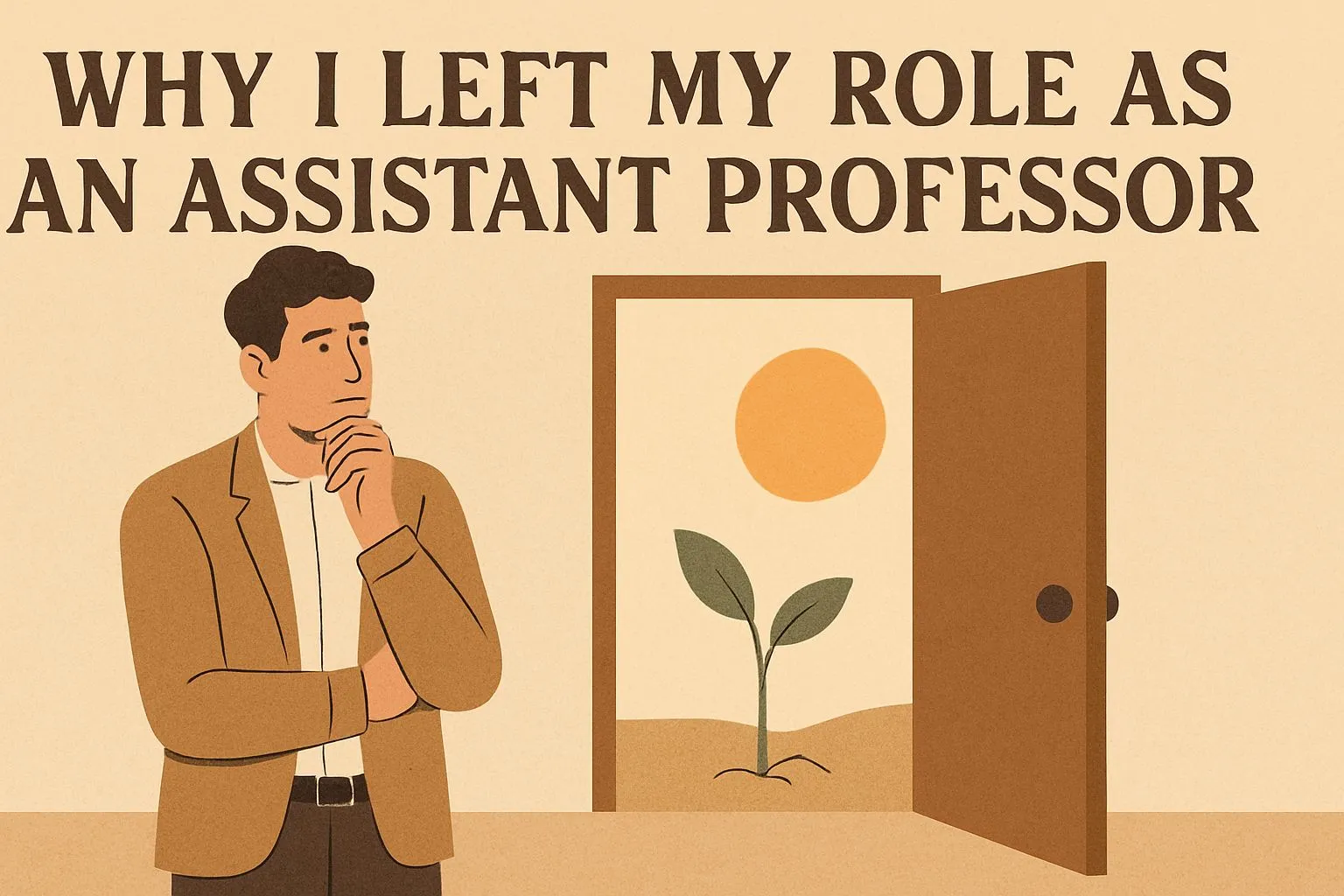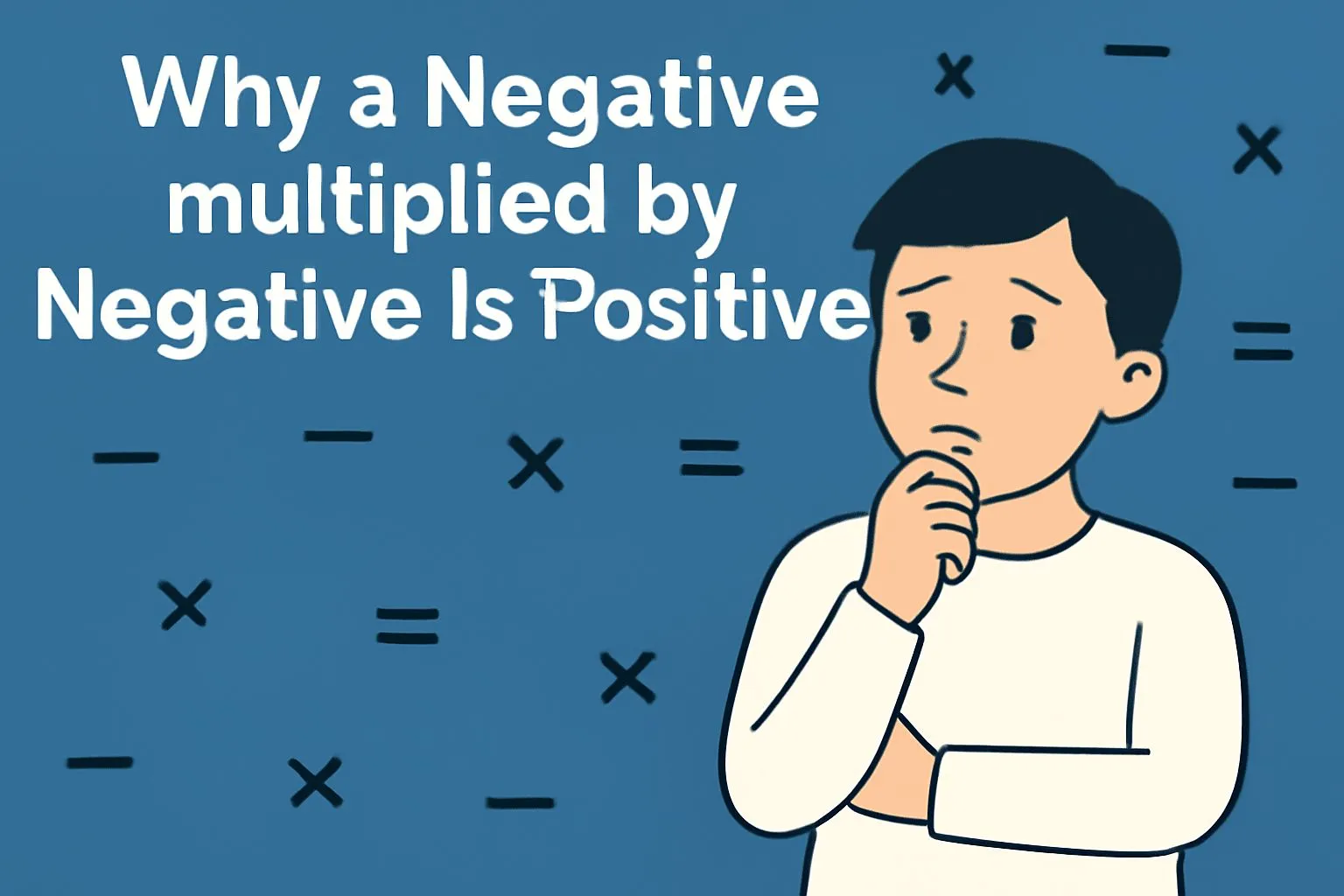When I applied for a master’s program at Bonn University, I believed I had a strong profile. Mathematics has always been my passion—I’d won quizzes and competitions, spent late nights solving problems, and built the kind of quiet confidence that comes from doing something you love. So when the rejection arrived, it landed harder than I expected.
The email was short, clinical, and painfully specific. The committee’s main concern: I hadn’t studied mathematics as my first degree. That single line—“you did not study mathematics for your first degree”—hit me like a knockout punch. All the accomplishments I had stacked up felt suddenly irrelevant. For a while I was lost, replaying past choices and asking the same question over and over: where did I go wrong?
The low point — and the turning point
That moment of disappointment was real and necessary. It’s important to name the feeling: confused, embarrassed, deflated. If you’ve been there, you know how consuming self-doubt can be. For a few days I let it sit with me. Then I asked a different question: What can I do now?
Instead of letting the rejection define me, I decided to treat it as data—specific feedback I could act on. The committee wasn’t saying I was incapable; they were pointing to a gap in my formal background. That changed everything. I stopped arguing with the verdict and started making a plan.
The practical response
Here’s what I did next—the same steps anyone can take after a setback:
1. Diagnose the gaps. I re-read the rejection and listed the committee’s concerns. Which topics were they likely referring to? Which parts of a mathematics curriculum had I skipped or skimmed over?
2. Make a focused study plan. Instead of vague “study more math,” I created a 12-week plan with weekly goals: core analysis, linear algebra, problem-solving practice, and a few advanced topics relevant to my interests.
3. Use structured resources. I picked textbooks, online courses, and problem collections that matched those goals. I combined theory with problems—reading without practice is no substitute for doing.
4. Find a community. I joined study groups and forums, asked questions, and shared solutions. Explaining ideas to others exposed weaknesses faster than studying alone.
5. Build small wins. I set micro-goals: finish a chapter, solve five good problems a week, complete a course. These wins rebuilt my confidence incrementally.
6. Document progress. I kept a learning log and started sharing occasional updates. The act of showing progress—not just hoping for it—mattered a lot.
Lessons that stuck
• Rejection is information, not identity. It tells you something about the fit of the moment, not about your potential forever.
• Be specific in your response. Vague motivation won’t help; targeted effort will. • Small, consistent steps beat occasional inspiration. A little practice every day compounds. • Community accelerates learning. Talking to others forces clarity and reveals blind spots.
• Share the journey. Others’ encouragement is often the difference between giving up and grinding through.
If you’ve been rejected (or feel stuck right now)
Take a breath. Let the disappointment be honest, then convert it into action. Ask: what exactly did they point out? What skills or evidence would change their mind next time? Design a plan that shows measurable growth and be prepared to talk about the work you did—not just that you did it.
A new beginning
A rejection email closed one door for me—and opened another. The months that followed were some of the most focused and productive I’ve had. I went back to basics, learned things I’d missed, and grew more decisive about the work I want to do. The sting of the initial rejection didn’t disappear overnight, but it became fuel.
— Taral Shah – Founder of Career Space





